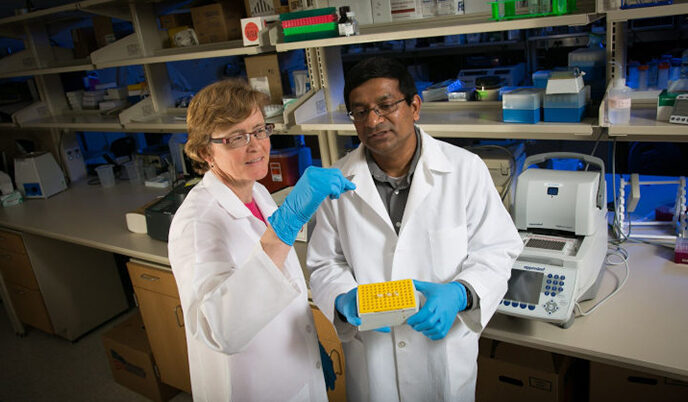
UW researchers looking for new ways to screen for ovarian cancer, earlier detection
A project began today at the UW–Madison Prevention Research Center that is focused on earlier detection of ovarian cancer.
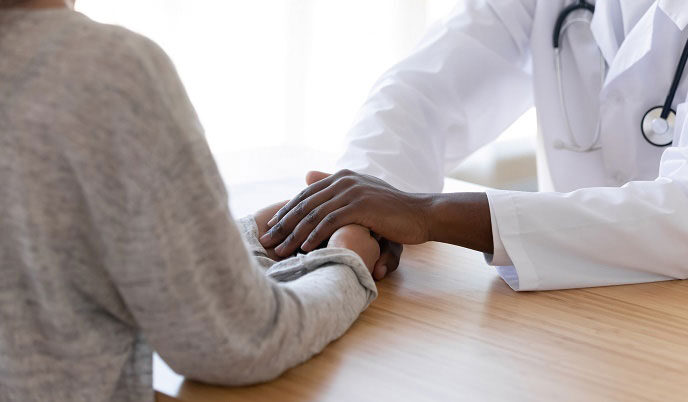
Black patients in Wisconsin 50% less likely to be treated for pancreatic cancer
Black patients with pancreatic cancer have lower survival rates than white patients, and a new study suggests why: They are much less likely to receive life-extending treatments.
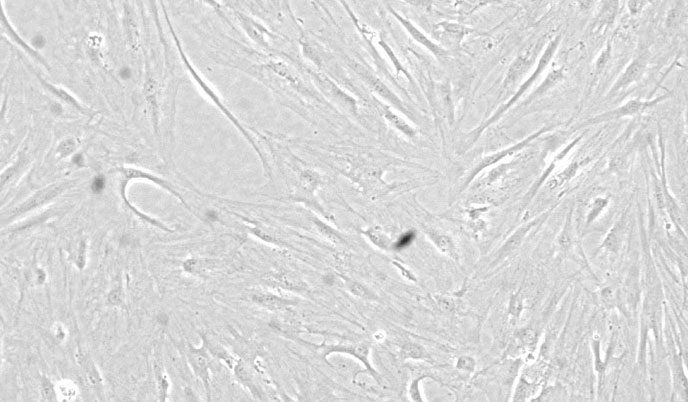
The future of cell therapy: Novel study tests treatment for radiation-induced dry mouth
For certain side effects of complex and lifesaving medical procedures, care teams can be left with limited and risky treatment options, but a program at UW Health is changing that using patients’ own cells as “living therapeutics.”
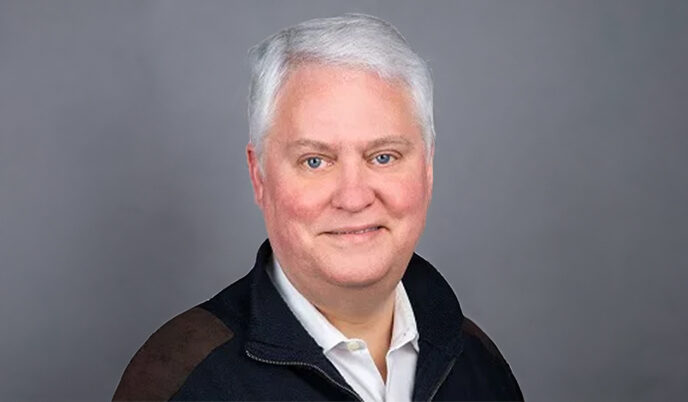
Future of health: Cancer vaccines
When people consider vaccines, many think about the pandemic and about preventing illness. However, certain UW researchers have a very different focus when they work with vaccines.

UW–Madison expert launches novel cancer research using sharks
There are some new residents on the University of Wisconsin–Madison campus, but they aren’t students, they’re sharks.
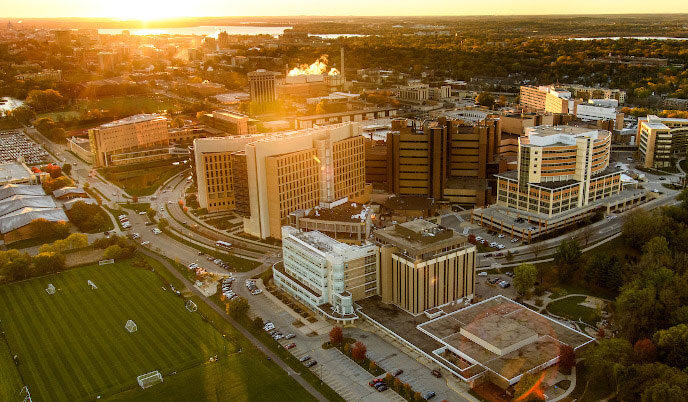
Cancer Center Cessation Initiative launches new effort to help cancer patients quit smoking
It’s well documented that smoking can lead to cancer. But in recent years, evidence has been mounting that continuing to smoke during cancer treatment can be just as harmful, or even worse.
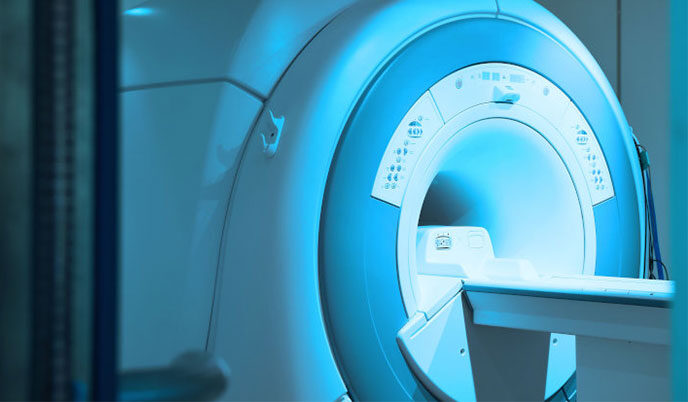
Lung cancer screening guidelines may perpetuate disparities in health care
Recent changes to national guidelines made more former and current smokers eligible for lung cancer screening, but a new study by a University of Wisconsin School of Medicine and Public Health radiologist shows they did little to close the gap between people of color and white people when it comes to who is eligible to get the scan.
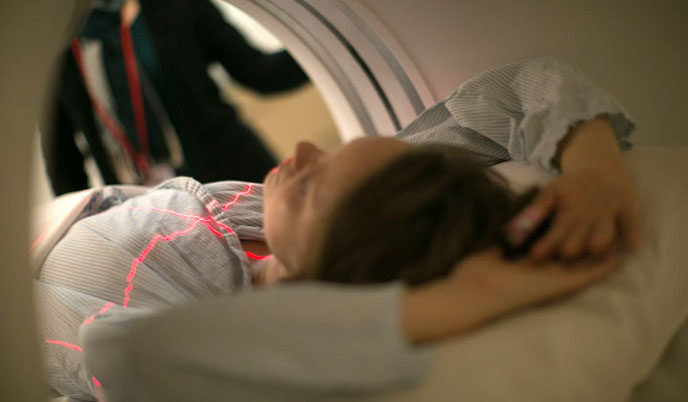
Access to Medicare increases lung cancer screening rates
If lung cancer is caught early enough, it’s treatable with a high chance of long survival. But many people at high risk because of their smoking history aren’t screened until they turn 65 and are eligible for Medicare coverage.

UW researchers focus on boosting colorectal cancer screening rates in rural areas
Researchers at UW Carbone Cancer Center are working to understand why some primary care clinics in rural locations have successfully attained high rates of colorectal cancer screenings, insight they hope will help raise the rates of colorectal cancer screenings across all rural clinics.

Patient with rare cancer uses telehealth to access clinical trial
Today is National Clinical Trials Day, and UW Health wants to celebrate the researchers, nurses, physicians and experts in the lab who make clinical trials available and impactful for our patients and community. UW Health officials also say virtual consultations have been vital to expanding access to clinical trials for Wisconsin residents, especially during the pandemic.

Nataliya Uboha named faculty leader of Cancer Therapy Discovery and Development (CTD2) at UW Carbone Cancer Center
Nataliya Uboha, MD, PhD, has been selected to lead the Cancer Therapy Discovery and Development (CTD2) program at the University of Wisconsin Carbone Cancer Center.

Study finds analyzing DNA in urine could help detect cancer
A study published this week in Science Translational Medicine describes how urinalysis could potentially be used to detect some forms of cancer.